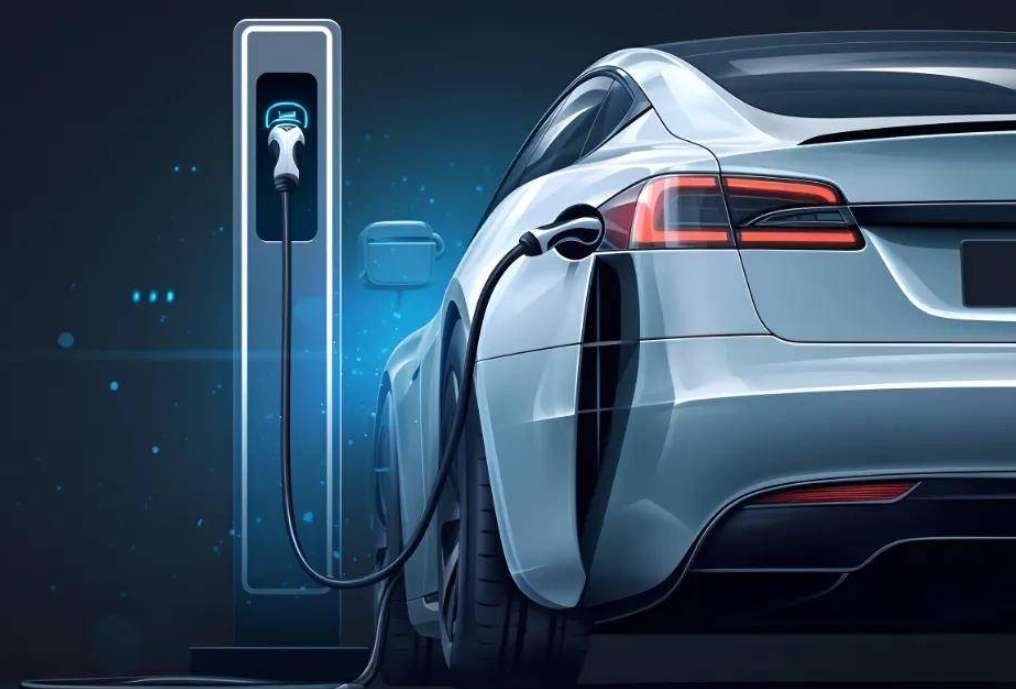BYD's "Divine Eye" Democratizes Smart Driving
Advertisements
In recent developments, Elon Musk has turned his attention to revolutionizing the efficiency of the United States federal government through an initiative indeed described by the playful acronym DOGE. This department's focus has been to delve deep into allegations of corruption within various federal sectors. The younger team assembled by Musk is reportedly considering drastic measures, including the potential dissolution of certain governmental departments identified as underperforming or corrupt. This bold initiative has sparked outrage amongst American bureaucrats as well as establishment figures from both the Democratic Party and several factions of the Republican Party who are not aligned with the MAGA movement, leading to calls for President Biden to curtail Musk's sweeping powers.
In what has become a tumultuous market reaction, Musk's decision to sell off significant amounts of Tesla stock further fueled tensions between him and established political and financial interests. The repercussions were palpable, as Tesla's shares plummeted over six percent in a single day, amounting to a near 20% drop since February. This decline, however, was not solely attributed to internal backlash but also to intensified competition brewing in the electric vehicle (EV) sector, particularly from Chinese automotive powerhouse BYD.
On Monday, BYD made headlines by unveiling an advanced driving assistance system dubbed the "God Eye," bringing the competition in the autonomous driving landscape, especially in the critical Chinese market, to a chilling new height. The importance of this development cannot be understated, as it coincided with Tesla's own setbacks in maintaining its market position which saw its share price drop nearly seven percent in light of BYD's aggressive entry.

In direct comparison, Tesla’s existing Enhanced Autopilot system, predominantly used in North America and embedded in higher-end Model series with price tags exceeding 200,000 RMB, does not stand up well against the value proposition BYD offers. The latter has laid waste to the notion that intelligent driving equates to higher prices within the EV market. BYD's announcement during a pivotal press release indicated all models priced over 100,000 RMB will feature the God Eye system; even more drastically, models such as the Seagull, with starting prices around 70,000 RMB, will also embrace this advanced driving technology.
This new pricing and technology strategy significantly challenges the previous norm that intelligent driving capabilities must come attached with hefty price tags. BYD's leadership reflects this paradigm shift, as the company invests in making intelligent driving an accessible reality for consumers across various price points.
BYD's chairman, Wang Chuanfu, expressed the monumental capabilities housed within the God Eye system, claiming it could facilitate fully autonomous highway driving without requiring manual intervention. With plans for 21 of BYD's models receiving this upgrade, the landscape of intelligent driving is set to transform rather quickly, creating a competitive edge for BYD within the critical Asian markets.
Not surprisingly, this has caught the attention of analysts on Wall Street, with big names like Morgan Stanley noting the urgency for American manufacturers, particularly the traditional automotive giants in Detroit, to respond. The analysts noted that the gap in artificial intelligence capabilities between these legacy carmakers and innovative electric vehicle companies like BYD is widening.
As BYD's stock soared over 20% following the God Eye’s announcement, contrasting sharply with Tesla's losses and the sagging performance of the legacy Detroit automakers, analysts like Adam Jonas from Morgan Stanley have highlighted the pressing challenges posed by these developments. They specifically pointed to the lack of substantial discussion or strategic movement from American automakers regarding AI-driven vehicles during product briefings, indicating a worrying lag in adaptation to current technological trends.
Looking ahead to market projections, Morgan Stanley has issued warnings regarding potential ramifications stemming from the U.S. government's proposed tariffs, which could disrupt the automotive landscape. A tariff rate of 25% on vehicles imported from Mexico and Canada could catapult car prices significantly within the U.S., ultimately constraining consumer demand and impacting profit margins for domestic manufacturers.
The landscape means that Tesla, while arguably one of the few rivals globally equipped to compete with BYD, now has to amplify its efforts in China significantly. This means ramping up Full Self-Driving capabilities—a hallmark of Musk's vision for the future of autonomous driving—perhaps more aggressively than initially anticipated.
Ultimately, these developments signal a critical juncture for the automotive industry as the race for intelligent driving technology intensifies. BYD's proactive shifts in vehicle strategy force competitors to reevaluate their positioning within the market. With electric automotive demand staying strong globally, especially throughout China, both industry giants will be racing against time to enhance their technological standings.
Moving forward, the continued competition will likely reshape the market dynamics, with BYD’s strategy to make sophisticated driving technologies more inclusive testing Tesla's hold on the market. If the trends persist, the market could very well see electric vehicles outfitted with cutting-edge, affordable technology gaining a significant foothold among consumers.
Musk's ambitions were seemingly revolutionary; however, the challenge posed by BYD could redefine what it means to be competitive in this new era of automotive evolution. The narrative will continue, as both twenty-first-century innovators and traditional titans grapple with change that promises to make this business landscape as unpredictable as the technology it swathes in.
Post Comment